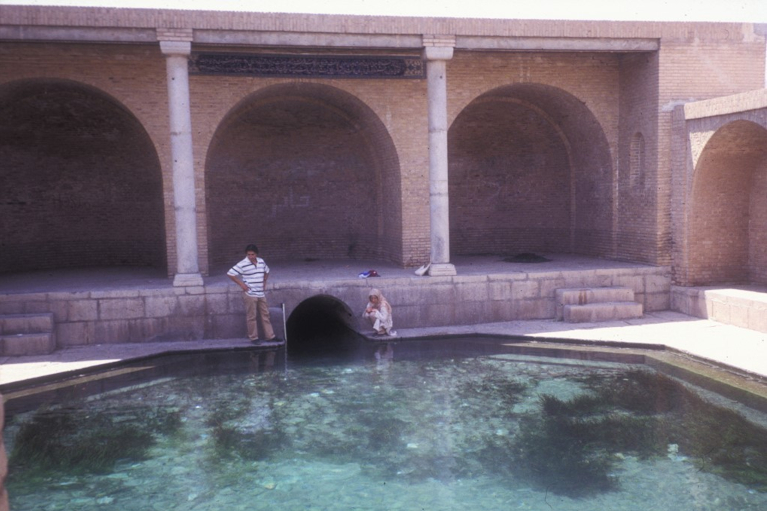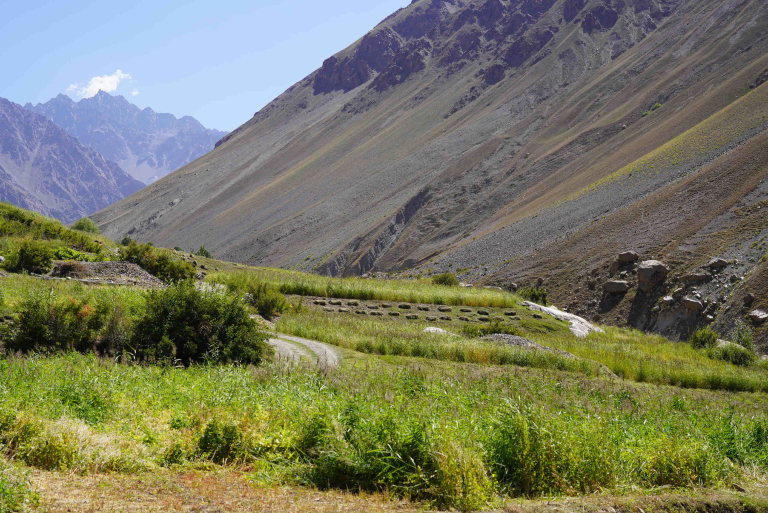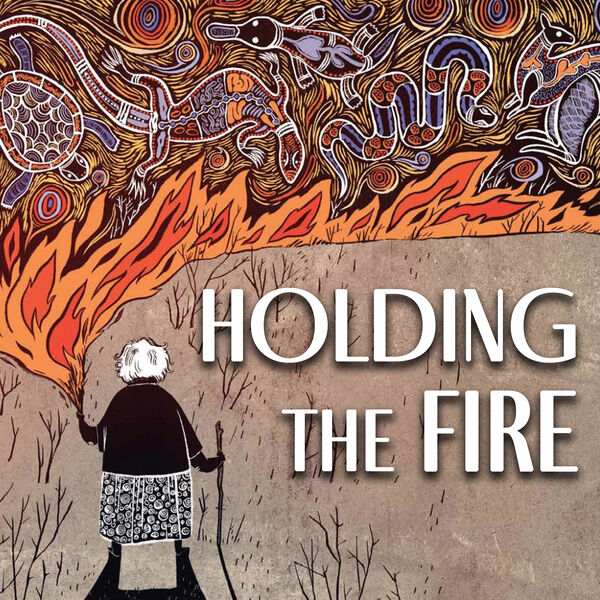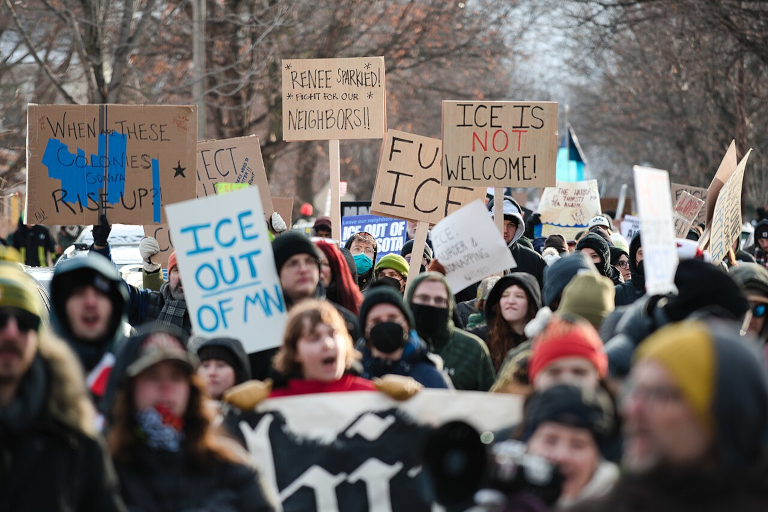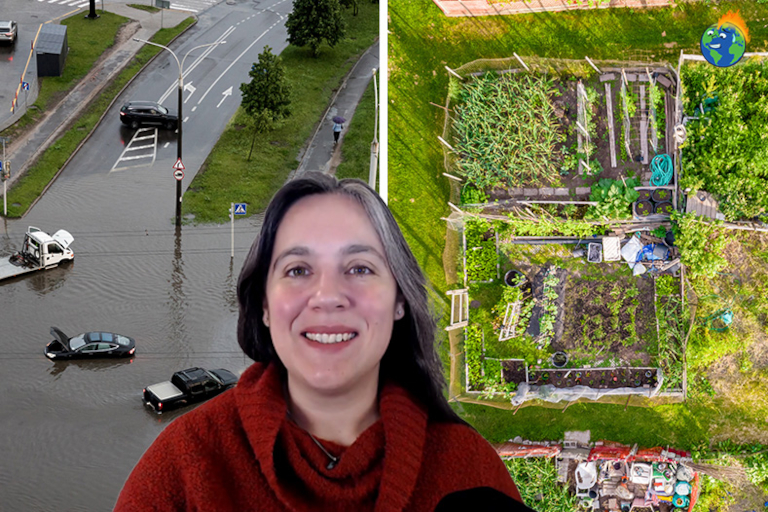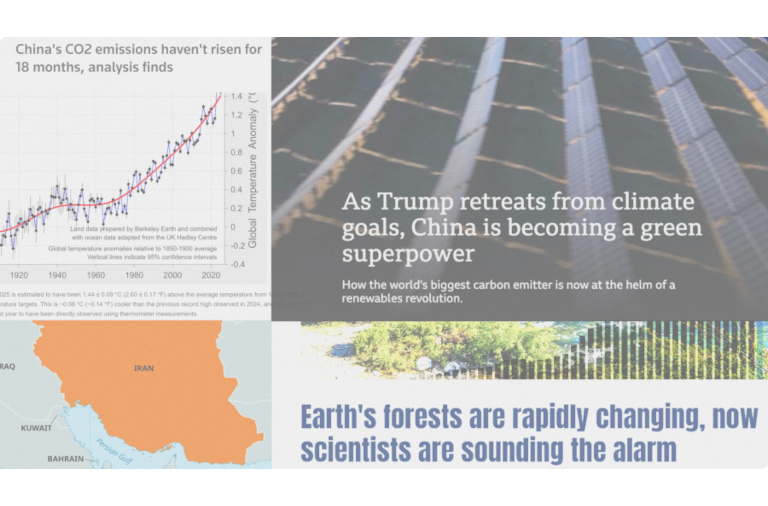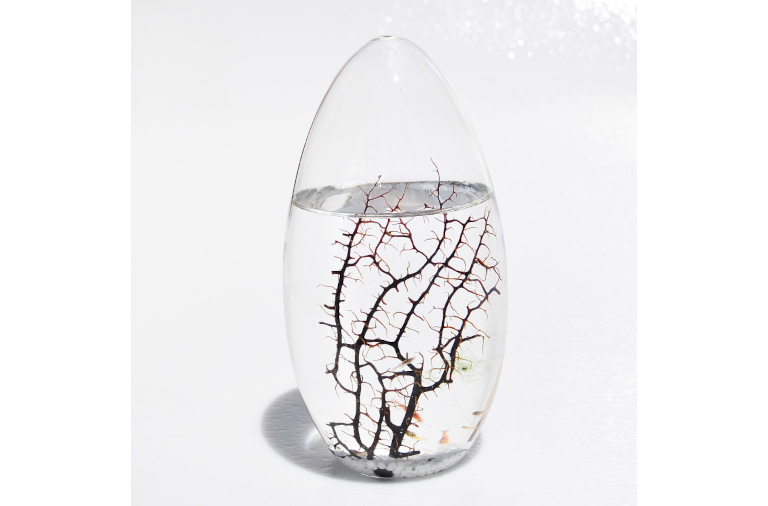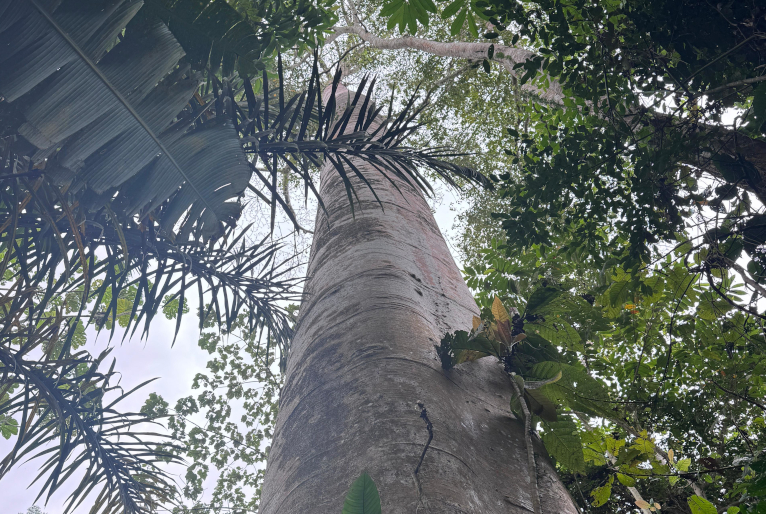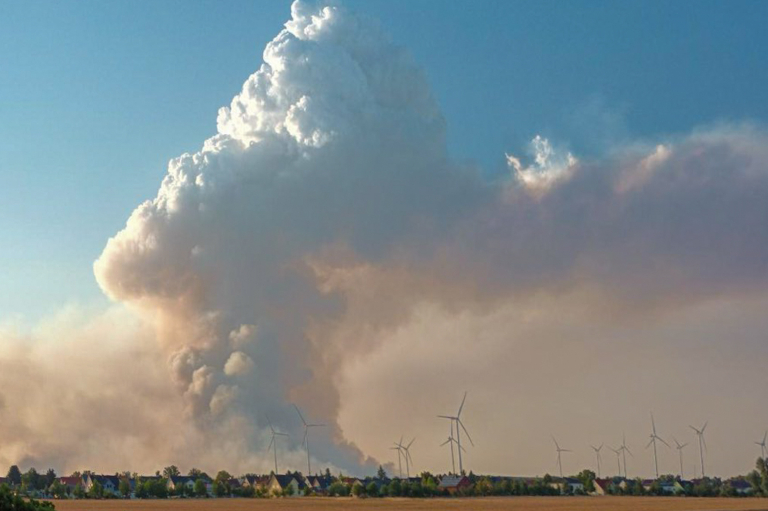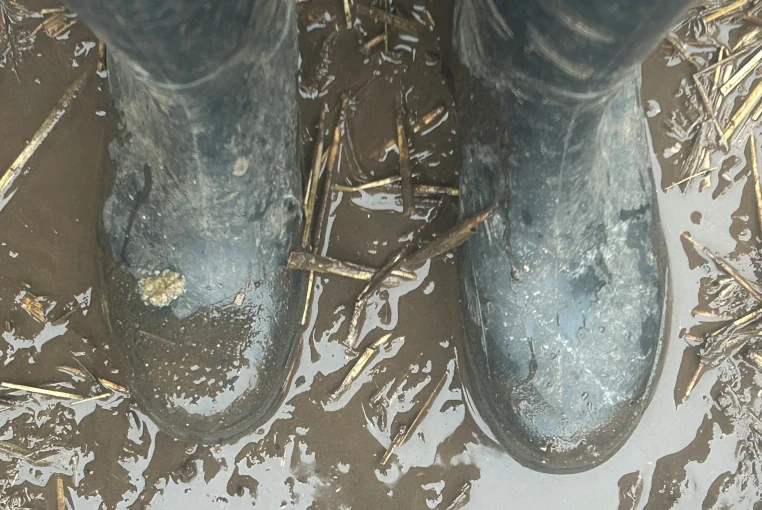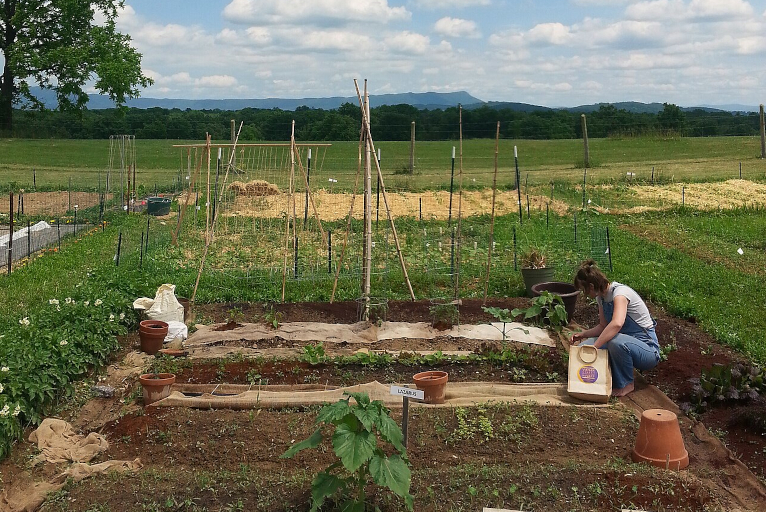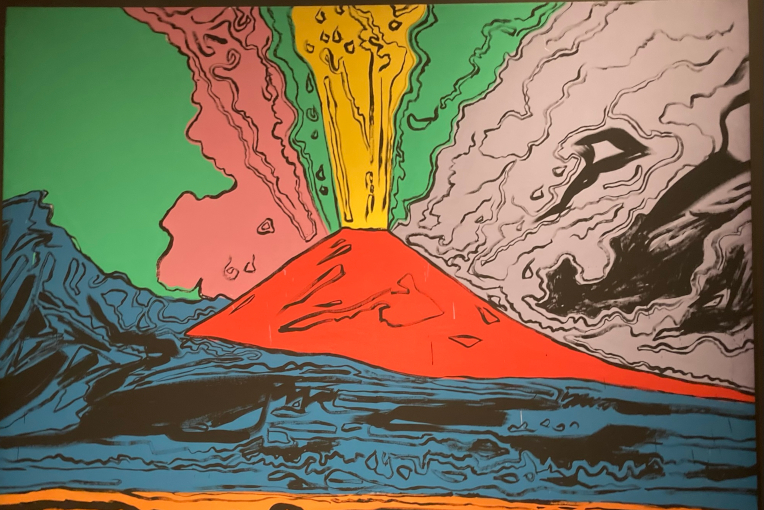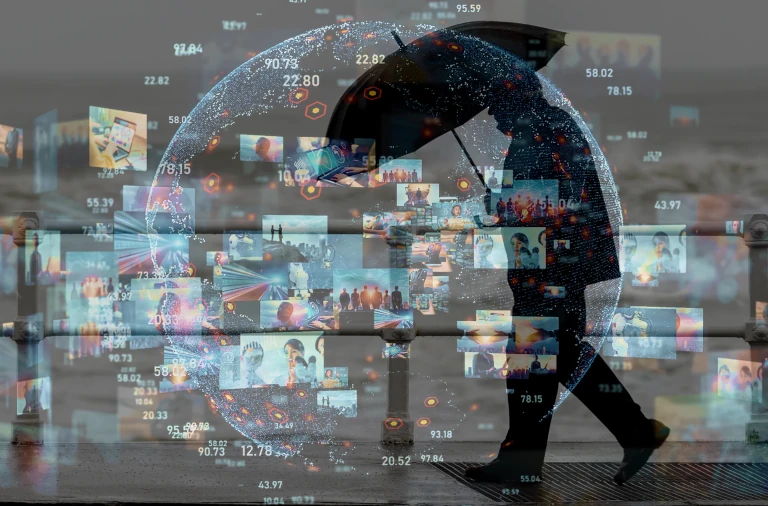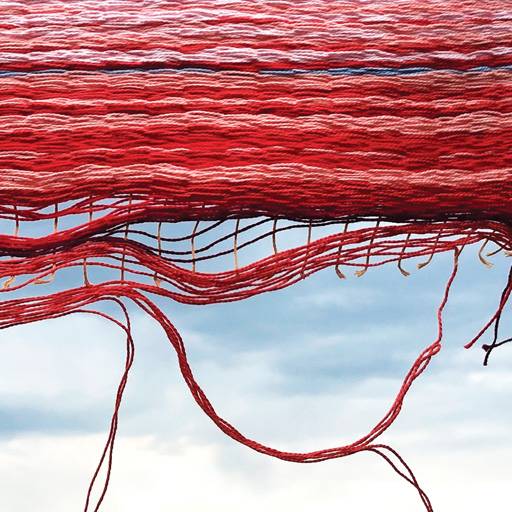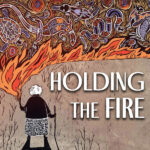Ravmed’s story is not just about wheat. It is about people who refused to let their heritage disappear, who safeguarded what their ancestors handed down, and who continue—season by season—to plant a future rooted firmly in the past.
Live Event
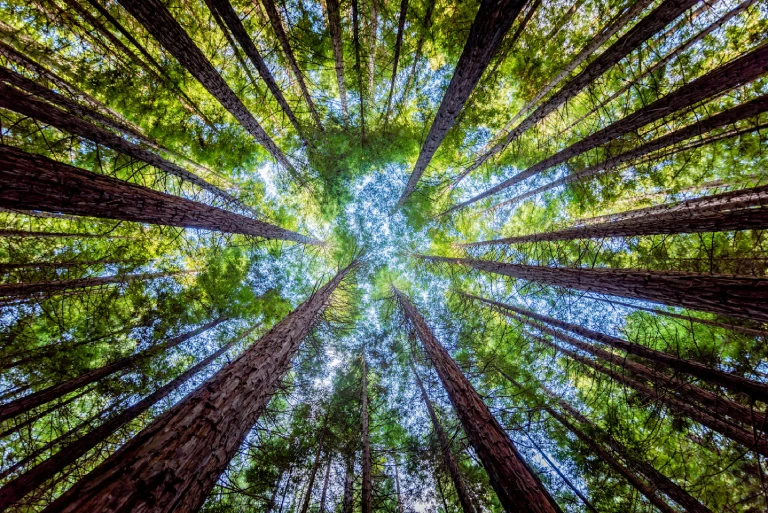
The Hidden Power of Forests
Editor’s Picks
Latest
Energy
Economy
Environment
The EU confirms: it’s time for STRATEGIC adaptation
Food & Water
Society
Featured Topics
Nourishing a Bioregional Economy
In the globalized economy, money is the shaper of outcomes. If bioregioning is critical to achieving a prosocial and environmentally sound society, the economy needs to go bioregional too.
Beyond the Brink
Imagining a better future is an act of bravery, especially when you’re aware of all the challenges we face in the present. Envisioning a better world is essential, can be empowering, and is how our actions become the building blocks of real, transformative change.
Bioregioning
Millions of people are searching for a way to live that can meet their needs without undermining the life-support systems of the planet. Although there are no easy solutions to planetary overshoot or quick fixes to the culture behind it, bioregioning offers a deeply positive and systemic way forward.
Troubled Waters
Microplastic pollution is an issue that’s easy to overlook, but it’s deceptively threatening to both ocean and human health. Microscopic plastic particles are now found in nearly everything on the planet—from the deepest parts of the ocean to inside the cells of living beings.
Acceptance and Agency at the End of Modernity
Modernity is a story of inevitable growth and progress deeply embedded in the consciousness of our culture and institutions. But now both the story and the real-world manifestations of modernity may be expiring.
Where the Wild Things Were
We are experiencing a devastating loss of wild nature—both the habitats that have been left unaltered by human activity and the species that have historically inhabited those places. Where the Wild Things Were offers a place to start for addressing this crisis.
The Great Unraveling
Environmental and social challenges are now compounding to threaten the very systems that support the world we know. What does this Great Unraveling mean for both human civilization and the global ecosystem, and what we can do in response?
Democracy Rising
Deliberative democracy: What it is, why it’s powerful, why the time is right for it, how it works, and how to get it going in your community.
Online Course
Think Resilience
Start doing something about climate change and our other sustainability challenges—starting in your own community.
Think Resilience features twenty-two short video lectures by Richard Heinberg, one of the world’s foremost experts on the urgency of transitioning away from fossil fuels.
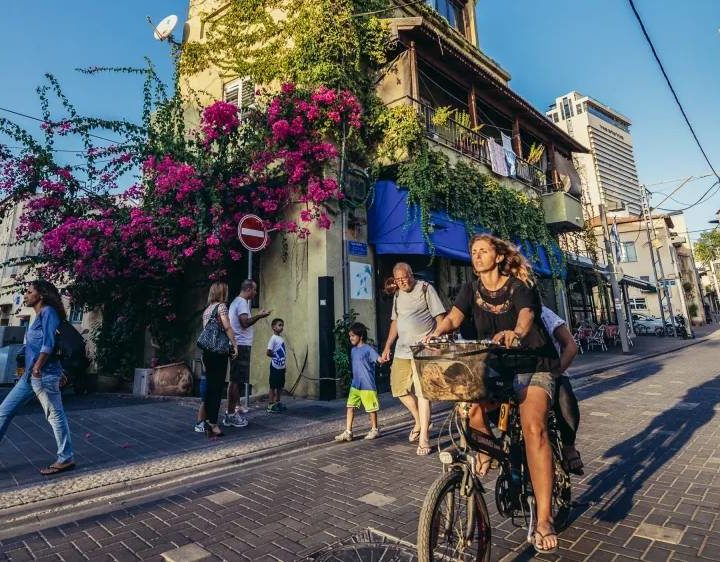
Resilience+ Deep Dives
Deep Dive: Building Emotional Resilience
- Panel event with Lise van Susteren and Dekila Chungyalpa (recording)
- 2 recorded interviews with emotional resilience experts
- 3 articles by Richard Heinberg and Rachel Donald
- Additional curated resources
Deep Dive: Surviving Political Polarization
- Panel event with experts on polarization and belonging (live/recorded)
- Facilitated discussion to exchange ideas & resources (live/recorded)
- 2 recorded interviews with experts and on-the-ground practitioners
- 2 articles by Richard Heinberg
- Additional curated resources
Deep Dive: Navigating Climate Unraveling
- Panel event with renowned experts (live/recorded)
- Facilitated discussion to exchange ideas & resources (live/recorded)
- 3 recorded interviews with on-the-ground practitioners
- 3 articles by Richard Heinberg
- Additional curated resources
Resilience+
Deep Dive: Navigating Climate Unraveling
- Panel event with renowned experts (live/recorded)
- Facilitated discussion to exchange ideas & resources (live/recorded)
- 3 recorded interviews with on-the-ground practitioners
- 3 articles by Richard Heinberg
- Additional curated resources
At Resilience+
Deep Dive: Navigating Climate Unraveling
- Panel event with renowned experts (live/recorded)
- Facilitated discussion to exchange ideas & resources (live/recorded)
- 3 recorded interviews with on-the-ground practitioners
- 3 articles by Richard Heinberg
- Additional curated resources
Online Course
Think Resilience
Start doing something about climate change and our other sustainability challenges—starting in your own community.
Think Resilience features twenty-two short video lectures by Richard Heinberg, one of the world’s foremost experts on the urgency of transitioning away from fossil fuels.



